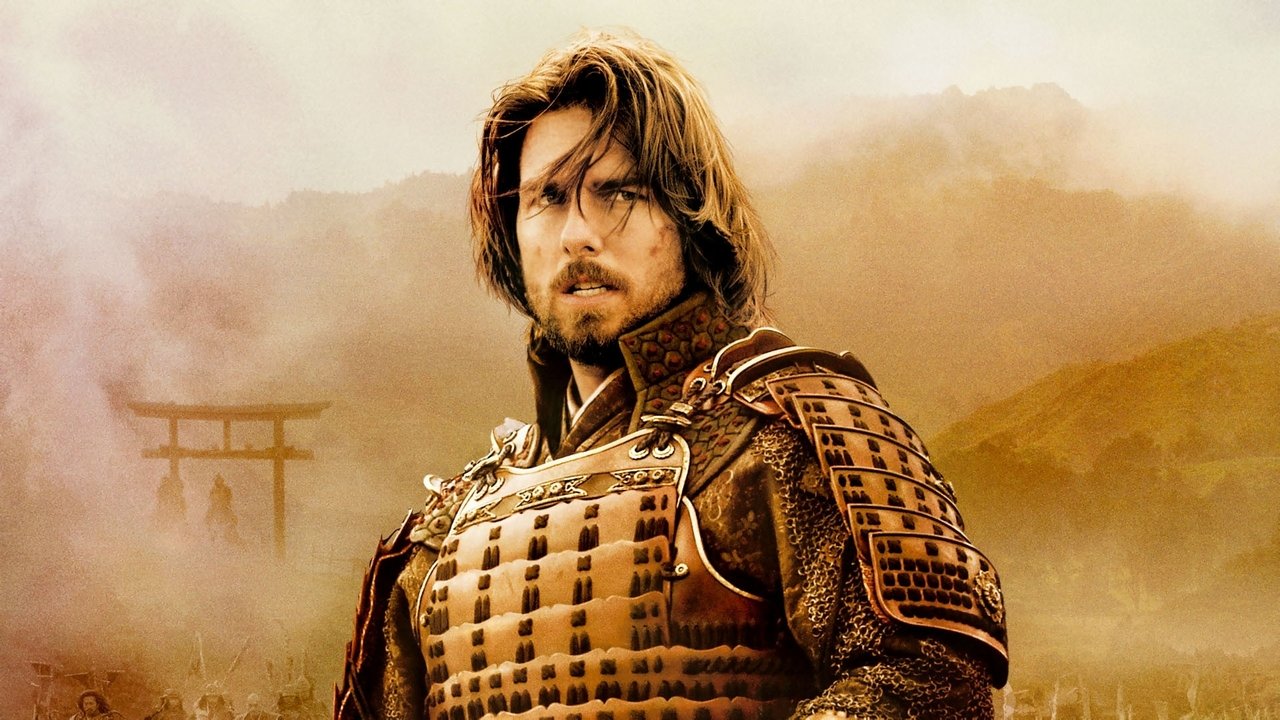Edward Zwick's "The Last Samurai" is about two warriors whose cultures make them aliens, but whose values make them comrades. The battle scenes are stirring and elegantly mounted, but they are less about who wins than about what can be proven by dying. Beautifully designed, intelligently written, acted with conviction, it's an uncommonly thoughtful epic. Its power is compromised only by an ending that sheepishly backs away from what the film is really about.
Tom Cruise and Ken Watanabe co-star, as a shabby Civil War veteran and a proud samurai warrior. Cruise plays Nathan Algren, a war hero who now drifts and drinks too much, with no purpose in life. He's hired by Americans who are supplying mercenaries to train an army for the Japanese emperor, who wants to move his country into the modern world and is faced with a samurai rebellion.
The role of the samurai leader Katsumoto (Watanabe) is complex; he is fighting against the emperor's men, but out of loyalty to the tradition the emperor represents, he would sacrifice his life in an instant, he says, if the emperor requested it. But Japan has been seized with a fever to shake off its medieval ways and copy the West, and the West sees money to be made in the transition: Representatives from the Remington arms company are filling big contracts for weapons, and the U.S. Embassy is a clearinghouse for lucrative trade arrangements.
Into this cauldron Algren descends as a cynic. He is told the samurai are "savages with bows and arrows," but sees that the American advisers have done a poor job of training the modernized Japanese army to fight them. Leading his untried troops into battle, he is captured and faces death -- but is spared by a word from Katsumoto, who returns him as a prisoner to the village of his son.
